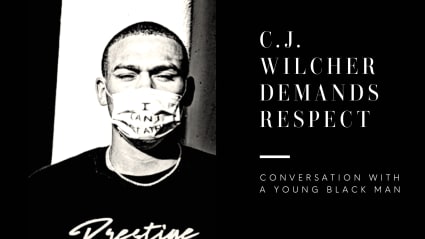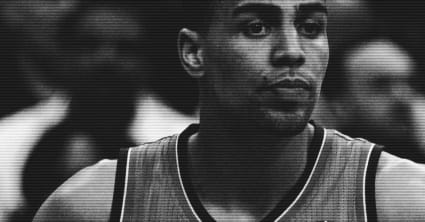As a child growing up in America in the 2000s, I was taught about the Civil Rights Movement of the 1960s. I was told who Martin Luther King Jr. was, what he did, what he believed in. I was shown photos of white’s only water fountains and segregated schools. I watched footage of police unleashing dogs and water cannons on people exercising their first amendment rights. And it was appalling.
It was also in black and white and presented as though it was the ancient past. That was the old America, where white supremacy had power and injustices were rife. Unlike the modern America, where we’ve outgrown such petty indifferences.
As I grew up, I began to see the reality more for what it was. The past was the past, but that didn’t mean the present was that much different. At the very least, that didn’t mean the present was unaffected.
It is now 2020. After another murder of a Black person at the hands of police, millions of Americans have taken to the streets in uproar. Black Lives Matter is somehow divisive. Those same images of police brutality that I watched in black and white in my 2009 classroom are playing out in full color on my 2020 television.
Last year, I spoke with Dr. John Howard, who played for the Cincinnati Bearcats and Harlem Globetrotters in the 1960s, about his life and career in basketball. He was in Cincinnati during the riots of 1967 and 1968, and he watched them unfold with his own eyes. In light of what is happening in this country in the present day, it felt right to re-share his stories dating back more than 50 years ago.
Dr. John Howard Describes the 1967 and 1968 Cincinnati Riots
The 1960s were a turbulent time in America, and Cincinnati was no exception. In 1967 and 1968, riots broke out in the city’s neighborhood of Avondale after years of police abuse and worsening living conditions. This was in the midst of Howard’s college days, and he and his good friend, Clem Turner, a standout running back for the Bearcats, would quietly leave campus to witness the unfolding chaos.
“This is the first time I’m actually mentioning it,” Howard said. “Very close friends knew about it, but that’s the first time I ever mentioned it publicly that we watched from the fringe of the riots in Cincinnati during that summer.”
Howard and Turner didn’t participate in any riots, but they stood on the sidelines and watched as police and military attempted to quell the unruly masses, with looting and flames ablaze, bringing portions of the city to its knees.
The hooper had several articles published in the school’s student newspaper about the Civil Rights Movement, black power and the anti-Vietnam War movement. He was part of a group of athletes who organized the Black Student Union at the university, which, among many things, fought for more black professors on campus.
These actions helped Howard gain the reputation of a militant, and he said he believes it ultimately affected his draft stock when his college career ended and he moved to join the professional basketball ranks.
Even with all the accolades, an obvious wealth of basketball talent and leading all scorers at the Cincinnati Royals’s camp, Howard was selected No. 201 overall in the 17th round by the Royals despite being told he would be picked early.
“I know all of that didn’t sit well with the athletic department, because they told me,” Howard said. “The punishment basically was, Howard may be this, but draft him late, which is okay, I understand that. That’s just the nature of what it was.”
Howard knew better than to put all his eggs in the basketball basket. It allowed him greater flexibility, even when people with power were trying to tamper with his future.
“My life was not just centered on basketball, you have to understand that,” he said. “I didn’t wake up every night saying, ‘I’m going to the NBA, I want to play basketball.’ I had a degree, and I always had good grades, so I had options.”
All things considered, he would do it all again, no questions asked.
“It was a hell of a time during this period. I took a stand, and that stand was for my people and my culture,” he explained. “If you ask if I would do it over again, yes, the answer is I would not change one thing. I would do it again and again, just the way I did.”
More from NBN on Dr. John Howard
Dr. John Howard Turns Focus as Globetrotter to Teacher







